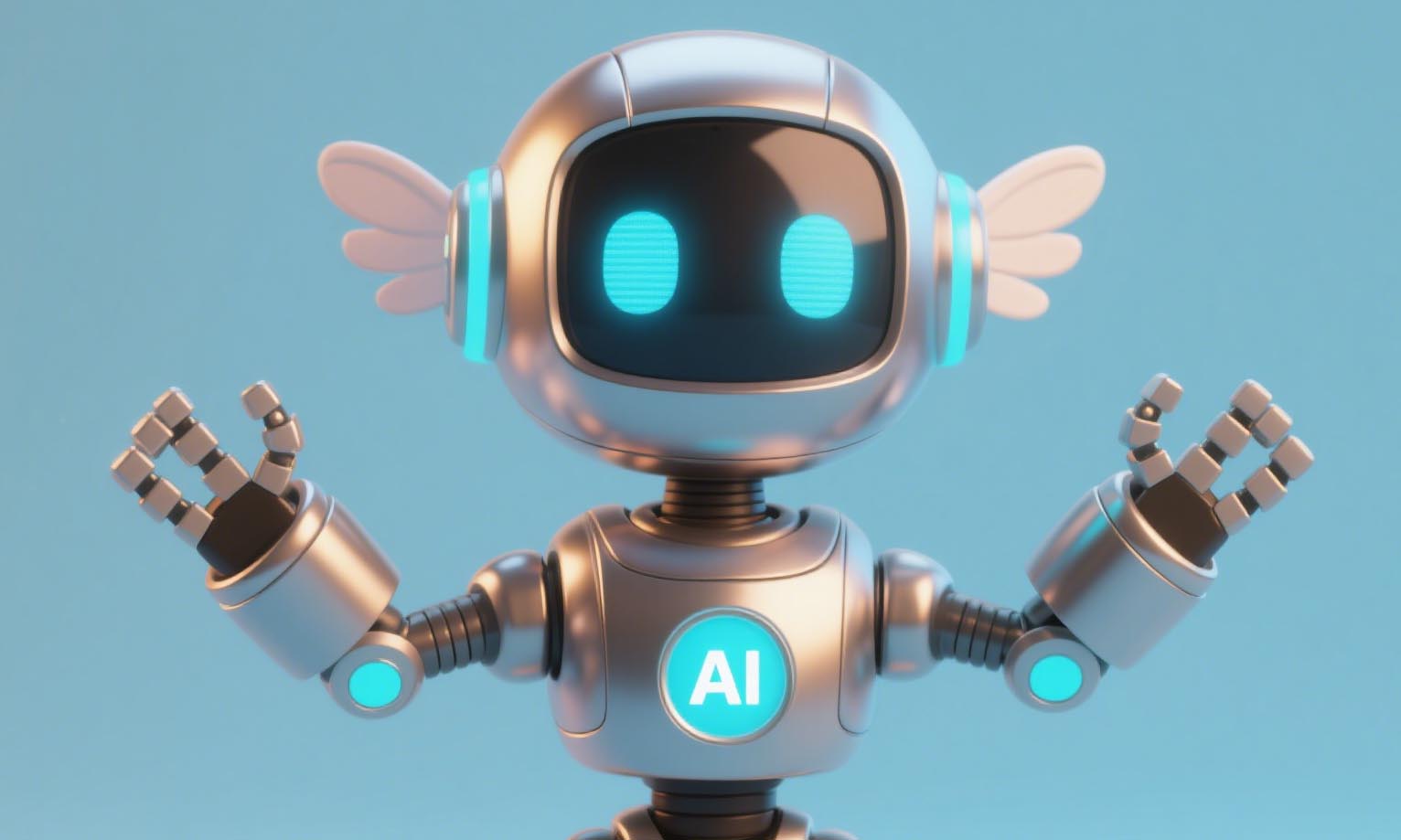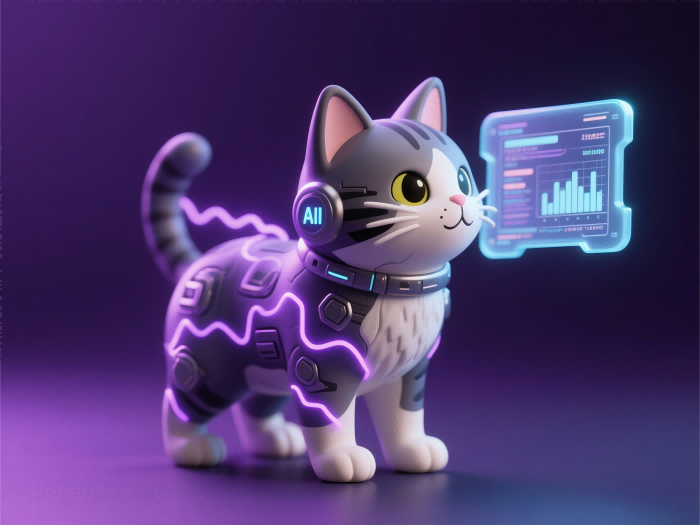Technological Foundations and Developmental Implications
1. Technological Foundations of AI Toys
1.1 Core Components
-
Voice Interaction Systems: Toys like Anki Cozmo utilize wake-word detection (e.g., "Hey Vector") with 95% accuracy in controlled environments
-
Computer Vision: CogniToys' Dino employs object recognition to customize learning content based on children's interactions
-
Behavioral Adaptation: Cloud-connected AI (e.g., Miko 3) updates play patterns weekly through child usage analytics
1.2 Hardware Innovations
-
Low-power chipsets (Qualcomm QCS610) enable real-time processing
-
Haptic feedback modules enhance tactile engagement
-
Miniaturized LiDAR in Lego® Robot Inventor kits for spatial mapping
2. Developmental Impacts
2.1 Cognitive Benefits
-
MIT Media Lab Study (2024): Children using AI coding toys (Cubetto, Botley) showed 23% higher problem-solving scores
-
Language Acquisition: AI language tutors (Luka Reading Robot) demonstrate 2.1× faster vocabulary retention vs traditional methods
2.2 Social-Emotional Learning
-
Empathy Training: Moxie Robot uses affective computing to respond to children's emotional states
-
Special Needs Applications: Leka smart ball assists autism spectrum children with structured interaction routines
3. Ethical Challenges
3.1 Data Security Risks
-
COPPA Compliance: 68% of AI toys fail GDPR-K compliance audits (ChildSafe AI Report 2024)
-
Voice Data Storage: Default 30-day retention policies raise parental concerns
3.2 Behavioral Concerns
-
Over-reliance on praise algorithms may reduce intrinsic motivation
-
Gender stereotyping in AI responses (e.g., Barbie® AI disproportionately suggesting caregiver roles)
Conclusion & Recommendations
While AI toys demonstrate measurable educational benefits, industry standards for ethical AI development and third-party impact assessments remain imperative. Future innovations should prioritize:
-
Transparent Data Policies (on-device processing options)
-
Interoperability Standards (cross-brand learning progress tracking)
-
Pedagogical Validation (clinical trials for developmental claims)
The sector must balance technological possibilities with child development fundamentals – AI should augment, not replace, human-guided play experiences.













